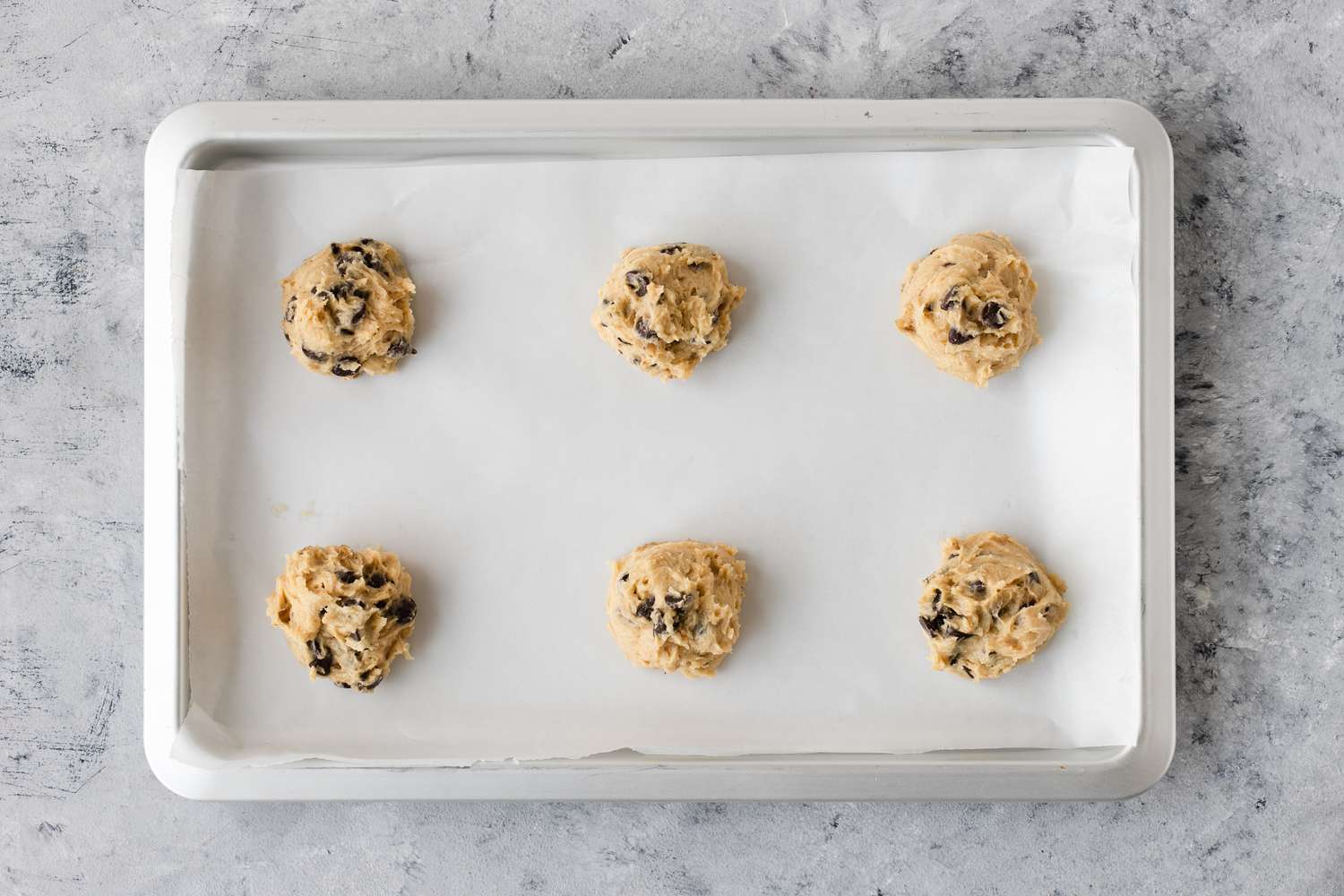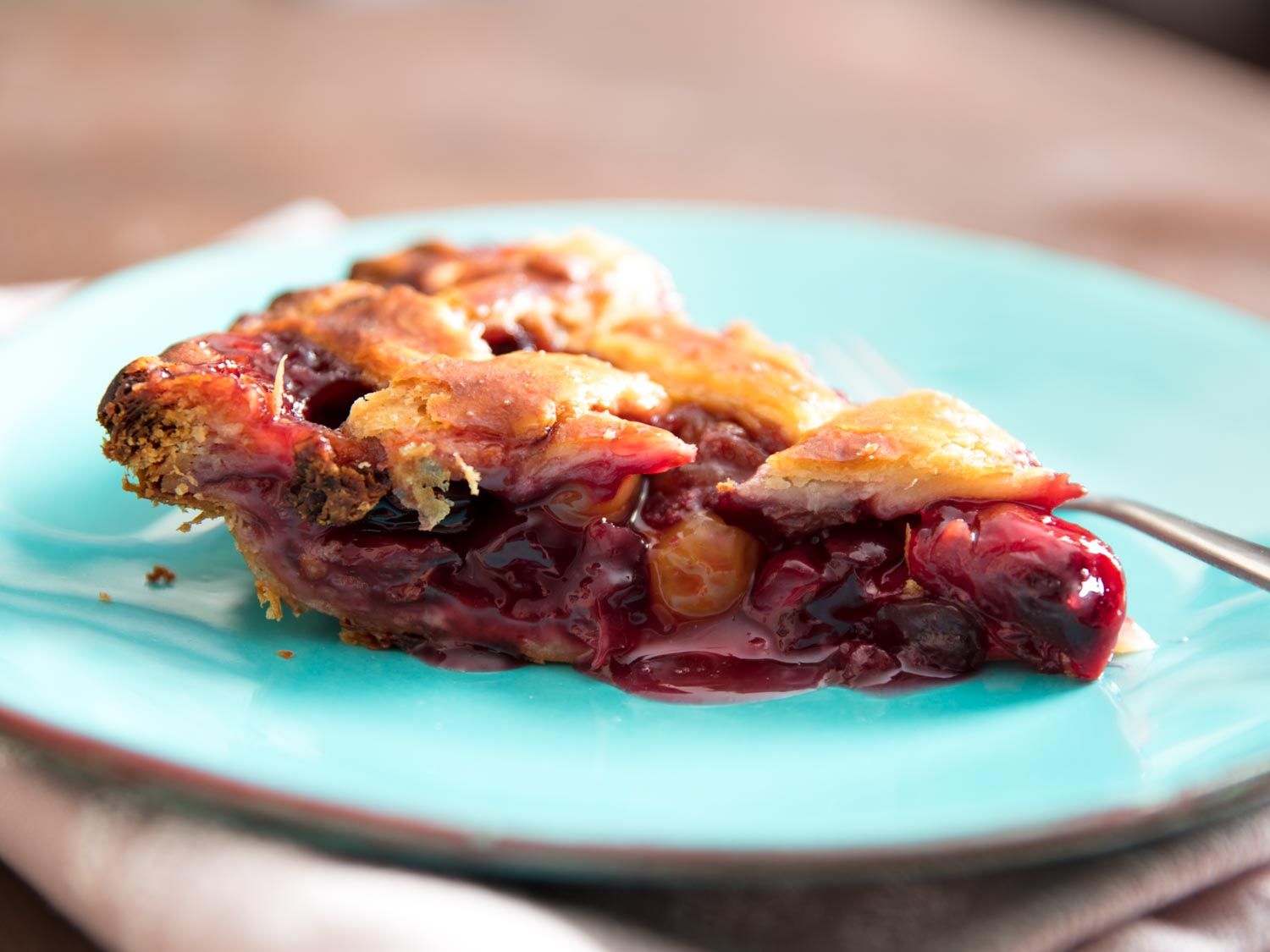How To Freeze Homemade Chicken Noodle Soup
There’s nothing quite like a warm bowl of homemade chicken noodle soup. Whether you’ve made a big batch or simply want to save some for later, freezing this comforting dish can be a convenient and delicious option. However, it’s important to know the proper techniques to keep the soup fresh and flavorful. In this post, we’ll guide you through the steps to freeze your homemade chicken noodle soup.
Gather Your Supplies
Before you begin, make sure you have the right supplies on hand. Here’s what you’ll need:
- Freezer-safe containers or resealable freezer bags
- Labels and markers to date and name the containers
- Measuring cups or a ladle for portioning the soup
Cooling and Portioning the Soup
Once your homemade chicken noodle soup is cooked, allow it to cool completely before freezing. This will help prevent ice crystals from forming and preserve the taste and texture of the soup. Once cooled, you can now approach the portioning step:
- Using a ladle or measuring cups, divide the soup into desired serving sizes. Consider how much you would typically consume per meal or the number of people you’ll be serving when determining the portion sizes.
- If using freezer-safe containers, leave some headspace at the top to allow for expansion during freezing. If using resealable freezer bags, squeeze out any excess air before sealing.
- Label each container or bag with the date and name of the soup. This will help you keep track of when it was frozen and easily identify it in the future.
Freezing and Storing
Now that the soup is portioned and labeled, it’s time to freeze and store it properly:
- If using containers, place them in the freezer, making sure they are on a flat surface to prevent spillage or leaking.
- If using resealable freezer bags, lay them flat on a baking sheet or tray to freeze. This will help save space in your freezer and allow for easy stacking once frozen.
- Once the soup is completely frozen, you can rearrange and stack the containers or bags to maximize space in your freezer.
Thawing and Reheating
When you’re ready to enjoy your homemade chicken noodle soup, there are a couple of ways to thaw and reheat it:
- Thawing in the fridge: If you have the luxury of time, simply transfer the frozen soup container to the fridge and let it thaw overnight. Once thawed, you can reheat it on the stovetop or in the microwave.
- Thawing in a water bath: If you’re short on time, you can place the sealed freezer bag in a large bowl of cold water. Make sure the water covers the bag completely. Change the water every 30 minutes until the soup is thawed. Once thawed, transfer the soup to a pot and heat it on the stove.
Remember to reheat the soup thoroughly, ensuring it reaches a safe temperature of 165°F (74°C) to kill any potential bacteria. Stir occasionally to prevent scorching or uneven heating.
Enjoying Your Homemade Chicken Noodle Soup
Now that you know how to freeze and reheat your homemade chicken noodle soup, you can have a comforting meal on hand whenever you need it. Whether it’s for a quick weeknight dinner or a warm lunch on a chilly day, your frozen soup will be ready to bring you comfort and nourishment.
So go ahead, whip up a batch of homemade chicken noodle soup, freeze it using the steps above, and savor every delicious spoonful whenever the craving strikes!
For those who have mastered the art of freezing homemade chicken noodle soup, there are several other recipes that can benefit from the same skill. Give the Chicken Tortilla Soup Recipe a try for a spicy twist on your usual soup nights. If you're in the mood for something hearty, the Beef Stew Recipe is perfect for freezing and reheating later. For a lighter option, the Vegetable Soup Recipe is both nutritious and freezer-friendly. Additionally, the Minestrone Soup Recipe offers a delightful mix of vegetables and pasta that holds up well after freezing. These recipes not only taste great but also save time on busy days.











